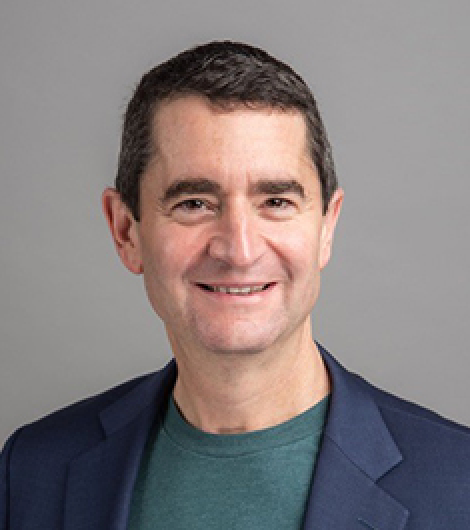News
Article
Bruce E Strober, MD, PhD: Efficacy of Risankizumab for Treating Plaque Psoriasis
Author(s):
Results of several clinical trials demonstrated the superior efficacy of risankizumab compared with apremilast or placebo.
Bruce E Strober, MD, PhD
Credit: American Skin Association

At the 2023 Fall Clinical Dermatology Conference, Bruce E Strober, MD, PhD, clinical professor of dermatology at Yale University School of Medicine, discussed the results from several studies evaluating the safety and efficacy of risankizumab for the treatment of moderate-to-severe plaque psoriasis.1
At baseline, the skin assessments of patients in the risankizumab cohort reflected moderate-to-severe disease activity, with a mean Psoriasis Area and Score Index (PASI) of 20.6 compared with 20.5 in the placebo group and a mean body surface (BSA) area of 26.2 compared with 27.9 in the placebo cohort.
Findings from the UltIMMa-1 and UltIMMa-2 studies, which enrolled 506 and 491 patients, respectively, demonstrated 75% of patients achieved PASI 90 at week 16, compared with only 5% and 2% of patients receiving the placebo, respectively. The study aimed to replicate phase 3, randomized, double-blinded, placebo- and active comparator-controlled studies designed to assess the safety and efficacy of 150 mg risankizumab over placebo at 16 weeks and ustekinumab over 52 weeks.
At the 16-week mark, patients receiving the placebo were switched to risankizumab. At week 52, 81% of patients in the risankizumab cohort achieved PSI 90 skin clearance after only 5 doses compared with 47% of those in the ustekinumab group. Additionally, 88% (n = 398/450) of patients who achieved PASI 90 at week 16 maintained PASI 90 response at week 52.
Results from the open-label extension study, LIMMitless, underscored the durable PASI 90 response rates, with 93% of patients included in the study at week 52 maintaining response rate through an additional 204 weeks with continuous risankizumab treatment. Strober noted patients who did not respond to or were intolerant of the drug were less likely to participate in the long-term extension trial, which may be considered a limitation.
A head-to-head risankizumab vs apremilast clinical trial, IMMpulse, further confirmed the efficacy of risankizumab for this patient population. In this study, moderate psoriasis was defined as BSA ≥10% and ≤15% and PASI ≥12% at screening and baseline. At week 16, 2 patients in the risankizumab 150 mg group discontinued treatment compared with 35 patients in the apremilast 30 mg group. Risankizumab met both the primary endpoints, PASI 90 and Static Physician's Global Assessment (sPGA) 0/1, at week 16, at rates of 56% and 75%, respectively. This was compared with only 18% and 19% of patients in the apremilast cohort, respectively.
A total of 84% of patients treated with risankizumab saw clearer skin after 2 doses, compared with 35% of patients in the apremilast group. In the second part of the IMMpulse study, patients were rerandomized to either risankizumab or apremilast at week 16. Of the apremilast PASI 75 nonresponders, 98% of patients rerandomized to receive risankizumab successfully completed the second part of the study. A total of 72% of patients switched to risankizumab achieved PASI 90 at week 52, compared with 3% of patients who continued apremilast treatment.
“The key takeaway is to intervene earlier,” Strober said in a statement to HCPLive.“This also applies to patients who you might face that are not appropriate for systemic therapies, but you know would benefit from those systemic therapies because they're burdened by the disease and topical therapies are not working for them. Additionally, modern biologics that are highly effective don't come at an increased price or increase concerns about safety. So you're actually getting more without paying more.”
References
- Strober, B. A Clearer View Ahead: Examining Treatment Outcomes for Appropriate Systemic Ready Adult Patients with Moderate to Severe Plaque Psoriasis. Presented at: Fall Clinical Dermatology 2023 Conference. Las Vegas, NV. October 19 – 22, 2023.





